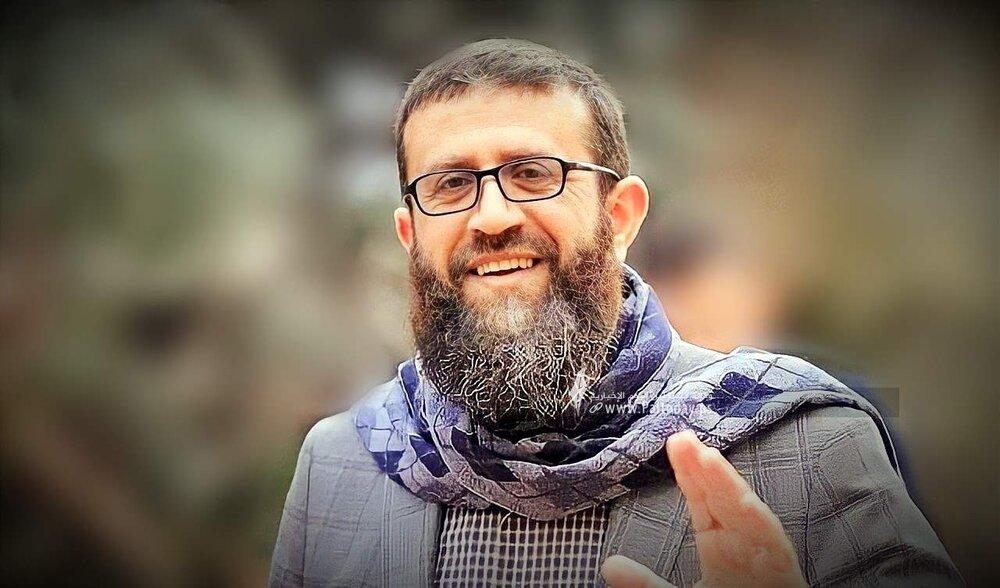Simultaneously with the increasing field, military and security failures against the Palestinian resistance and the “weakening of the deterrence” of the Zionist regime, several commanders and military and security strategists of the regime have proposed to Netanyahu the plan for the assassination of the top commanders of the Palestinian resistance, including “Saleh al-Arouri,” the Vice Chairman of the Hamas political office, “Sayyed Hassan Nasrallah,” the Secretary General of Hezbollah in Lebanon, “Ziyad Nakhale,” the Secretary General of the Islamic Jihad Movement, and “Yahya Sinwar,” the commander of Hamas in the Gaza Strip, all of whom, in their opinion, play a fundamental role in defeating the plans of the Zionist regime.
In this regard, by holding a security meeting in the town of “Sderot,” Benjamin Netanyahu has threatened to launch a policy of terror in the West Bank, Gaza Strip, and South Lebanon.
The assassination of the Palestinian resistance leaders is under the “wooden” strategy, which has been implemented since 70 years ago to threaten the Palestinians to refrain from martyrdom and military operations against the usurpers and the settlers.
Currently, considering that the Zionist regime does not have the necessary strength for a long-term conflict with the Palestinians, and under the condition that the result of the war in any form with the resistance groups, has faced “failure” on various fronts, therefore the Zionist leaders are trying to assassinate the top leaders and commanders of the Palestinian resistance.
The Zionist leaders seek to achieve the following “objectives” by reviving the policy of terror:
- a) Destruction or disruption of the decision-making process and strategic command of the Palestinian resistance, and as a result stopping the empowerment of the resistance groups;
- b) Compensating for successive defeats against the Palestinians by retaking the initiative in the operational fields;
- c) Improving the regional and international image;
- d) Coverup the internal crises and diverting public opinion from the interior to external issues.
But while the Zionist regime is seeking to revive terror operations, this policy will have significant consequences for the usurpers.
Considering that the Islamic resistance groups, especially in the past one and a half years and after the battle of Saif al-Quds, have reached a strategic alliance, coherence, and synergy as well as the creation of various fronts, therefore it is natural that the assassination of the resistance commanders will face with the “hard reaction” of the groups that are present all over the occupied territories.
Reviving the policy of terror not only does not affect changing the field, political and security situation in favor of the Zionist regime, but on the contrary, it causes the beginning of a new round of conflicts in the occupied territories, the essential feature of which will be “multi-front war.”
A multi-front war is a situation that the Zionist regime is afraid of. In recent years, it has tried to control the field so that the battles do not turn into a multi-front war, and the circle of confrontation with the resistance groups remains limited and small. The weakening of the existence and collapse will be the most strategic consequence of the possible start of a multi-front war in the occupied territories.
Reviving the policy of terror not only has no change in the “balance of power” or “balancing” in the occupied territories, but on the contrary, it aggravates the process of “balancing terror,”; an issue whose military, security, political, psychological, etc. consequences will be beyond the imagination of the Zionists.
Reviving the policy of terror is not a sign of power but a sign of “weakness and helplessness.” Contrary to what is said in the security and political circles and the media of the Zionist regime, the assassination of the leaders and commanders of the Islamic resistance in Palestine and in Lebanon, which is an attack on the red lines of the Islamic Resistance, is a “costly and complicated” policy that can affect the entire region and the occupied territories. However, it is not clear that such a policy could achieve the objectives of the Zionist regime.
The plan to assassinate Palestinian resistance leaders is a “suicidal policy” for the Zionist regime. Because today, the capabilities of the Palestinian resistance groups are not comparable to the past decades, years, and even months, and they are becoming more powerful day by day.










0 Comments